King of Kings, The (1927)
“Come unto me — rejoice, and be exceeding glad! I am the Way, the Truth, and the Life.”
|
Synopsis: |
|
Genres, Themes, Actors, and Directors:
Review: De Mille relies almost exclusively on quotes from Biblical scripture for his intertitles, and was notoriously concerned with maintaining an overall air of religious piety on his set. H.B. Warner was ultimately far too old to be playing the 33-year-old Jesus, but he manages to project an appropriate aura of serenity and strength, and quickly becomes acceptable in the role. According to TCM’s article, “some 8 billion people” around the world have seen this classic silent film, “partly due to the Cinema Corporation’s policy of loaning the film to civic and religious groups for a small fee to help replace worn prints.” Indeed, “reportedly no week passes without The King of Kings playing in some corner of the world”, thus ensuring its permanent status in cinematic history. Redeeming Qualities and Moments:
Must See? Categories
Links: |
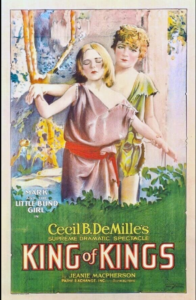
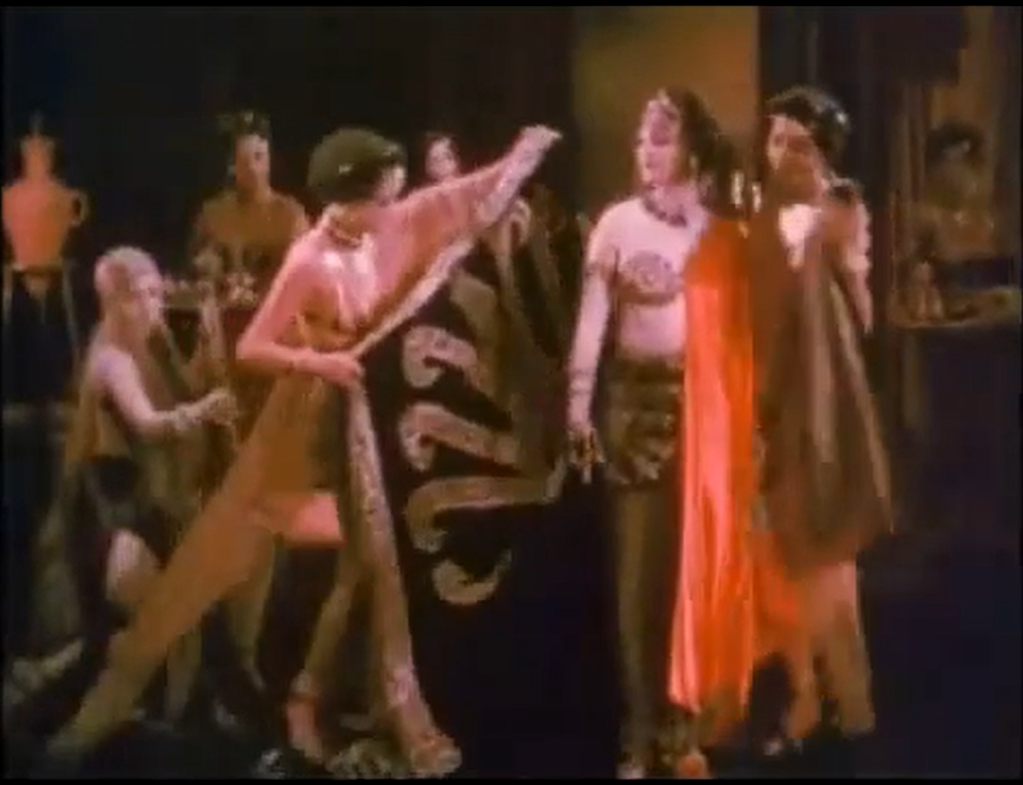
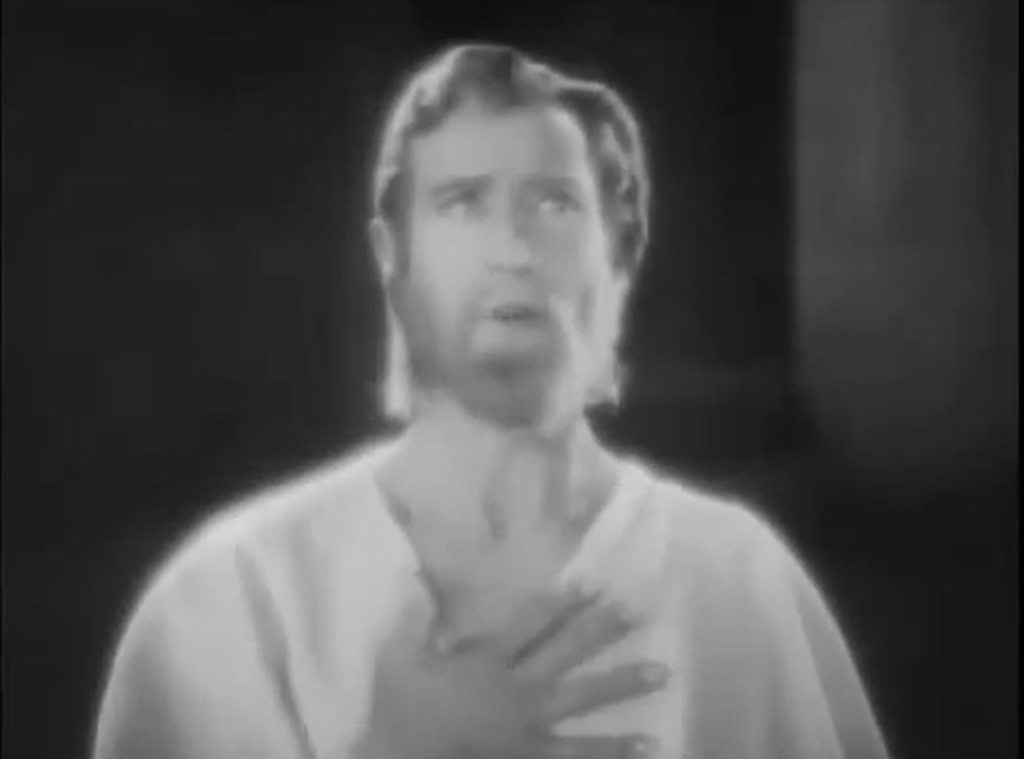
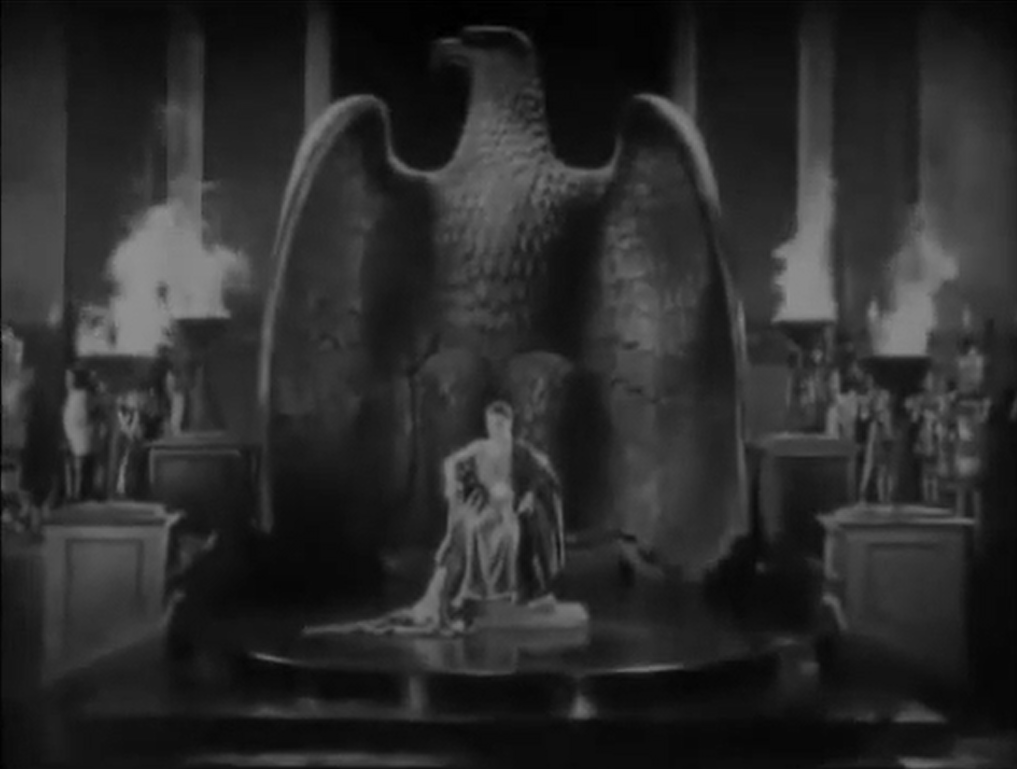
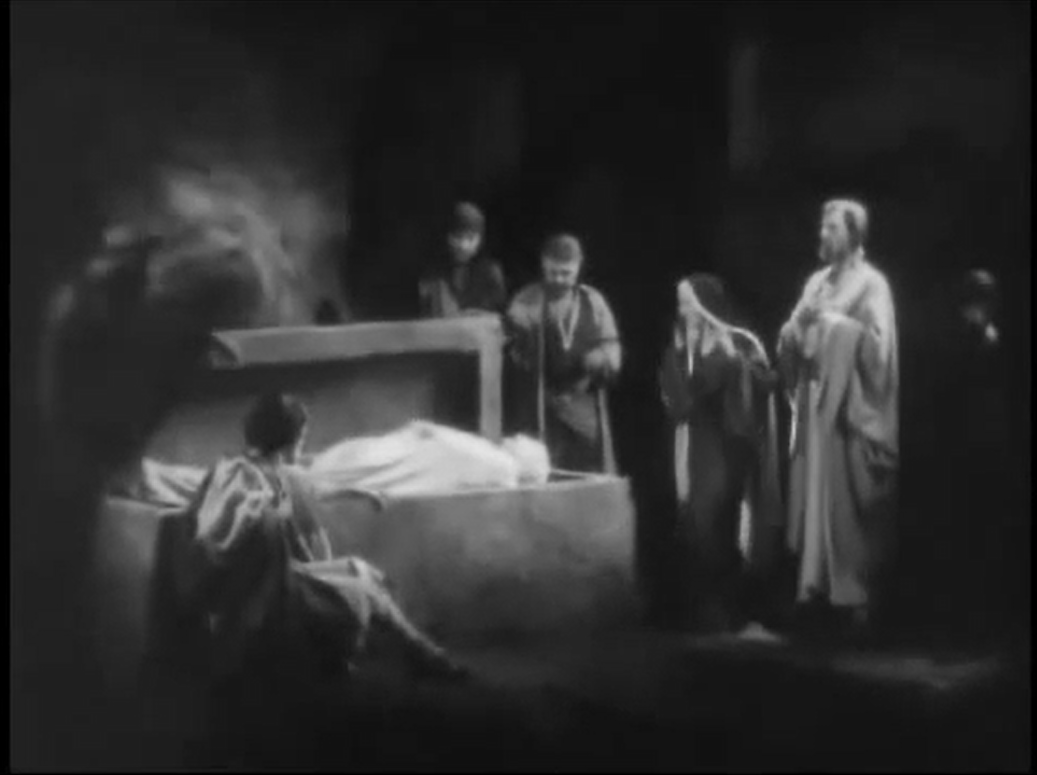

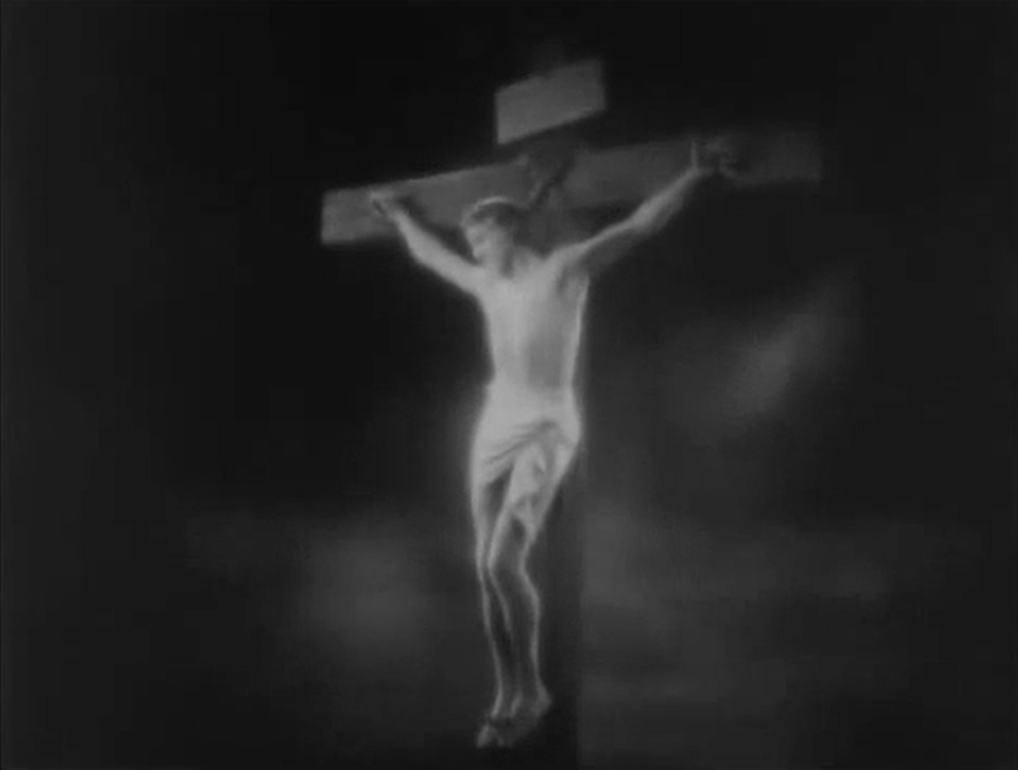
One thought on “King of Kings, The (1927)”
A once-must, for its place in cinema history.
Rather in agreement with the assessment, so there isn’t much to add.
I wonder how many film fanatics who aren’t churchgoers would make the effort to check this one out. I’m not a churchgoer myself but I maintain an interest in spiritual matters. However, I can see where many who are disillusioned by or disenchanted with the subject matter would perhaps be lacking in curiosity about De Mille’s take on the story.
Or…without seeing it, they may think it is just as extreme/exaggerated as what De Mille would eventually do with ‘The Ten Commandments’.
Of course, it would be a mistake to make that kind of assumption. Its slight license-taking aside, ‘King of Kings’ is admirably restrained and much more respectful in its storytelling. As well, it’s often stunning (or at least impressive) from a visual/technical angle (i.e., Pilate’s place of power gives every indication of just how intimidating he could be).
If for no other reason, the film should be seen for its (extended) crucifixion sequence. Although some may feel that the special effects put to ultimate use may be a bit much, I think (in context) what’s presented feels more than appropriate – and, more importantly, not manipulative. De Mille does not seem to be going for sentiment or exploitation – instead, he appears to be making the supernatural plausible.
Of all of the films either made about or which included the Christ story, I would probably put this one just behind Nicholas Ray’s 1961 version. It continues to hold up quite well.